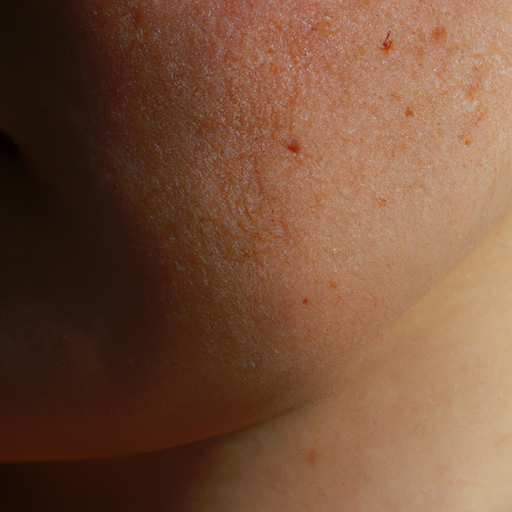As a medical professional, I often encounter patients struggling with oily skin, a common dermatological concern that can lead to acne and other skin issues. Oily skin results from overactive sebaceous glands that produce excess sebum, a natural skin oil. While sebum is essential for skin health, too much can lead to a shiny complexion, clogged pores, and frequent breakouts. Fortunately, there are several proven strategies to combat oily skin and restore a balanced, healthy complexion.
1. Proper Cleansing: Regular and thorough cleansing is the first step in managing oily skin. Use a gentle, oil-free cleanser twice daily to remove excess oil and impurities without stripping your skin of its natural moisture. Avoid harsh soaps or detergents as they can stimulate your skin to produce more oil.
2. Toning: A good toner can help tighten pores and balance skin pH levels, reducing oiliness. Look for toners with ingredients like witch hazel or salicylic acid that are known to control oil production.
3. Moisturizing: It may seem counterintuitive, but moisturizing is crucial for oily skin. Skipping moisturizer can cause your skin to produce more oil to compensate for the lack of hydration. Opt for oil-free, non-comedogenic moisturizers that hydrate without clogging pores.
4. Exfoliation: Exfoliating once or twice a week can help remove dead skin cells that clog pores and lead to increased oil production. However, over-exfoliation can irritate the skin and trigger more oil production, so moderation is key.
5. Blotting Papers: These thin, small papers are excellent for quick touch-ups throughout the day. They absorb excess oil from your skin surface without disturbing your makeup or causing dryness.
6. Clay Masks: Clay masks absorb excess oil and impurities from the skin, leaving it clean and matte. Masks containing kaolin or bentonite clay are particularly effective for oily skin.
7. Healthy Diet: Your diet can significantly impact your skin’s oil production. Foods high in sugars and fats can stimulate oil production, while a diet rich in fruits, vegetables, whole grains, and lean proteins can help maintain balanced skin.
8. Regular Check-ups: Regular dermatological check-ups are essential for managing oily skin. Your dermatologist can provide personalized advice and treatments based on your skin type and condition.
Remember, everyone’s skin is unique, and what works for one person may not work for another. It may take some trial and error to find the right combination of strategies that work best for you. However, with patience and consistency, it’s entirely possible to manage oily skin effectively and achieve a healthy, shine-free complexion.
In conclusion, while oily skin can be challenging to manage, it’s not an insurmountable problem. With the right skincare regimen, dietary habits, and medical guidance, you can control excess oil production and maintain a healthy, balanced complexion. As always, consult with a healthcare professional or dermatologist for personalized advice.



